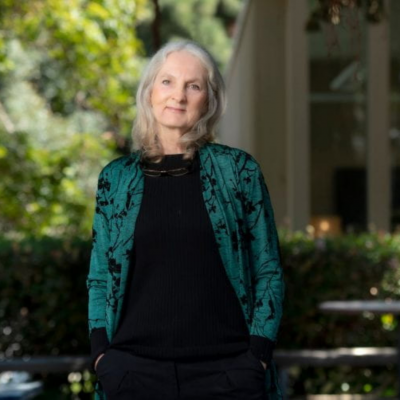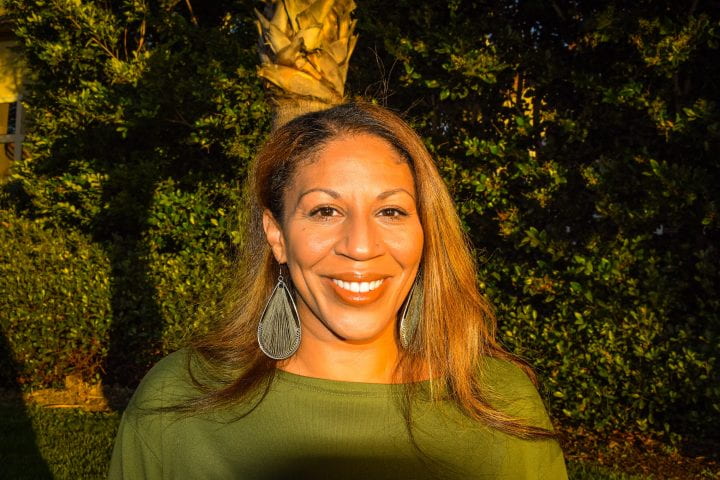
Viewing and sharing graphic images from the world’s conflict zones leads to habitual behavior by social media users that poses a profound public health threat, according to a new study by authors including E. Alison Holman, a professor of nursing and psychological science; and Roxane Cohen Silver, a Distinguished Professor of psychological science, public health and medicine. The study argues for public awareness programs to combat the content’s impact. “We must act with compassion as we grapple with how to inform the public without causing emotional overload,” said Holman (above). “Programs must be implemented that help prevent people from being pulled into a vicious cycle of misinformation, disinformation and stress.”
“It matters what you see. By fostering a deeper understanding of the risks associated with viewing and sharing graphic content, media literacy campaigns aimed at empowering the public to navigate the digital landscape responsibly can equip individuals with the tools to identify misinformation and safeguard their mental well-being,” says E. Alison Holman, UC Irvine professor of nursing and psychological science.
Read the study here:
Holmanetal_PNAS2024




Leave A Comment